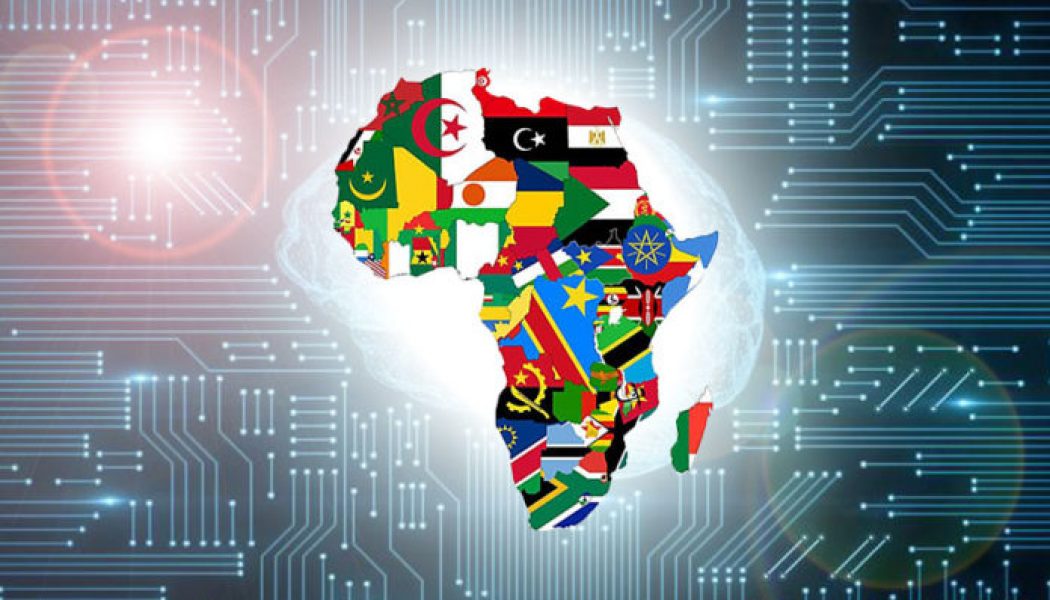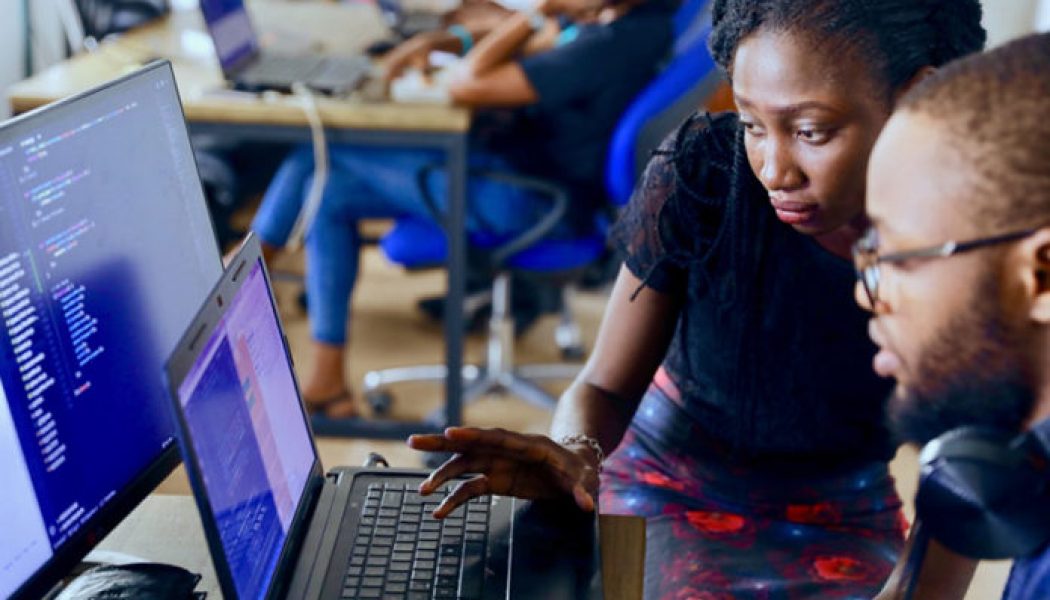ICT Africa
Networks Unlimited Welcomes New Networking & Storage GM
Gideon Coetzee, new General Manager: Networking and Storage at Networks Unlimited. The appointment earlier this year of (Frederick) Gideon Coetzee as the General Manager: Networking and Storage Division at Networks Unlimited brings a wealth of IT and entrepreneurial experience into this arena of the company. Known to all by his middle name, Gideon Coetzee is a confident executive with around 20 years’ professional experience in developing and implementing business and sales strategies, building high-performance teams for solution selling at chief experience officer levels, and driving synergies in order to achieve business efficiencies to maximise revenues and profitability. His career is too extensive to include all the stops along the way here, but some highlights are mentioned below. Ha...
How Rwanda is Encouraging an Entire Generation of Women in Tech
Sourced from Women in Tech Africa. In 2020, Rwanda was the only African country ranked in the top 10 of the World Economic Forum’s Global Gender Gap Report. It ranked in the top four in the Report’s political empowerment category, in recognition of the high proportion of Rwandese women lawmakers and ministers. Rwanda, therefore, seemed a natural fit for a 2018 pilot programme of the African Development Bank’s Coding for Employment initiative, with Nigeria, Kenya, the Ivory Coast and Senegal. The Coding for Employment flagship programme is establishing 130 ICT centres for excellence in Africa, training 234,000 youths for employability and entrepreneurship to create over 9 million jobs. Hendrina C. Doroba, Manager in the Education, Human Capital and Employment Division at the Bank, explains ...
COVID-19 Exposes Lack of ICT Policy in Nigeria’s Education System
Sourced from the Chronicle of Education The COVID-19 pandemic has exposed the fragile state of Nigeria’s education system. A system which the Guardian Nigeria describes as “messy,” one that “lacks information and communications technology (ICT) ingredients, leaving the system to churn out half-baked graduates.” They write that with the continued closure of schools in an attempt to contain the spread of the pandemic – children are now going to be severely disadvantaged, and their families will suffer because of the interrupted learning, compromised nutrition, childcare problems, and consequent economic cost to families who could not work. Today, the distinctive rise of e-learning had made education change drastically – teaching can be undertaken remotely and on digital platforms. But in Nig...







